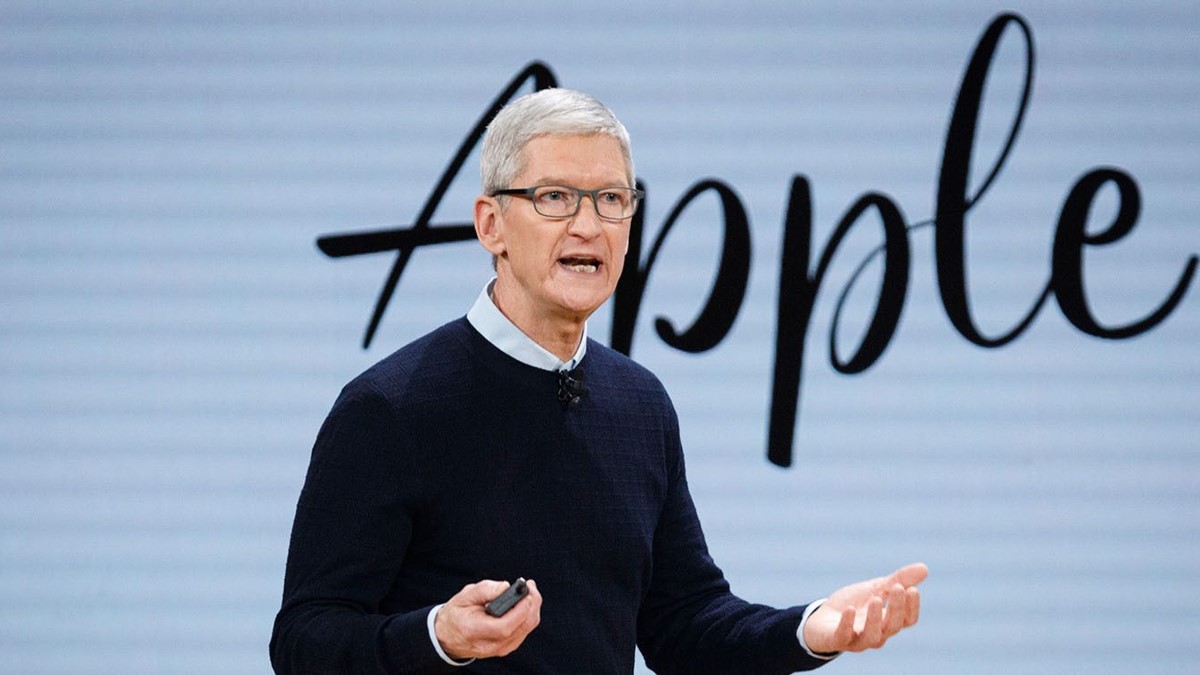If I asked you to think of some of the most influential leaders, present and past, it’s likely your mind will default to a handful of names: Winston Churchill, Gandhi, Mother Teresa, Nelson Mandela and Martin Luther King.
When we apply this to leaders in the business world, who comes to mind for you? Richard Branson, Steve Jobs, Henry Ford, Bill Gates, Elon Musk, Jeff Bezos?
There’s no denying these people are leaders that have made an impact on the world. But why is it that when I polled my friends and family the same names kept cropping up? And more importantly, who is being missed off this list because they’re not as famous?
It turns out, some pretty incredible people are being completely overlooked…

Clement Attlee
Introduced the welfare state
Dubbed the “accidental prime minister”, Clement Attlee led the Labour party to victory after World War 2. An understated politician, and reportedly a very reserved man, his triumphs were overshadowed by the dominant personality of his predecessor, Winston Churchill.
During his time as Prime Minister, Attlee introduced the ‘Welfare State’ which aimed to overcome five issues facing Britons — disease, want, squalor, ignorance, and idleness. Under his leadership, the Labour government did this by introducing the NHS; establishing financial assistance from the government for the unemployed or sick; building new towns to ease overcrowding; introducing subsidised council housing and improvements, providing free education to all under age 15 and nationalising industries to increase employment opportunities.
He is also credited for transitioning Britain from Empire to Commonwealth and withdrawing from India. Living by his values, Attlee changed the face of Britain in a post-war era and left his quiet, but significant mark on his country — the impact of which we all benefit from today.

Tim Cook
CEO of Apple
Another leader whose achievements may be overlooked as a result of his predecessor.
The late Steve Jobs was undeniably a brilliant tech innovator and is lauded as one of the 20th and 21st century’s top entrepreneurs. But his leadership skills left a lot to be desired according to numerous reports from people who worked with and for him.
Even so, the business world was worried about the future of the tech giant when Jobs passed away from cancer in 2011.
Yet since his death, Apple has flourished. And that is down to the new CEO, Tim Cook, who took over the running of the business when Jobs resigned due to illness.
Despite doubts that Cook could continue to grow the business without the former leader’s tenacity and keen sense of product development, Cook has almost tripled Apple’s revenue, adding billions to the bottom line. He is also putting the environment and privacy at the forefront of the company’s values, as well as championing diversity and inclusivity and Apple looks to be going from strength to strength.

Elsie de Wolfe
The first professional interior designer
If you’re a professional interior stylist, gorge on photos of beautiful homes on Instagram or simply arranged the seating in your home to create a social space, you have Elsie de Wolfe to thank.
According to The New Yorker, “interior design as a profession was invented by Elsie de Wolfe”. A prominent member of high society in Paris, London and New York, she started her career as an actress, then later became known for staging plays before falling into interior styling thanks to admiration of her own home by influential friends.
Her first official commission was designing The Colony Club in New York. Self-professed “rebel in an ugly world”, de Wolfe, eschewed the popular wood panelling and dark fabrics of social clubs of the era, and created a light and airy space that attracted many members. From there she continued her career, establishing a very successful interiors business — the first of its kind.

Fatima al-Fihri
Founder of the world’s first university
Tunisian born Fatima al-Fihri founded the world’s first, and continually operating Madrasa, the University of al-Qarawiyyin in Fez, Morocco. She did so by investing the inheritance left to her by her father in establishing a mosque which later became an educational institution. Having migrated to Morocco from Tunisia as a family during the middle ages, she built her institution to provide a place of education to others.
Documented by the Guinness World Records as the “oldest existing and continually operating educational institution in the world”, al-Fihri paved the way for higher education in AD859, a legacy that continues to this day.

Hedy Lamarr
Inventor of wireless communication
Hedy Lamarr is best known for being an actress for MGM studios during the golden age of Hollywood in the 1930s and 40s. She starred in Samson and Delilah, Ecstasy and The Strange Woman among other hits of the silver screen and her face was the inspiration for Disney’s Snow White.
But what isn’t well known about this intelligent and talented Austrian-born woman is that she invented a technology called the Spread Spectrum which has changed the way we communicate in the modern world.
The Spread Spectrum would allow the user to frequency hop on radio signals to avoid a third party jamming your signal. Once patented, Lamarr donated it to the US military to help in the WWII effort. Whilst the technology wasn’t used during the war, it was later adopted and it became the gateway technology for modern GPS, WiFI and Bluetooth.

Johannes Gutenberg
The inventor of the printing press
German inventor Johannes Gutenberg is the man we can all thank for making books and literature affordable to the masses thanks to his invention of the mechanical printing press back in 1439.
Prior to his invention, books were handwritten — a laborious process which meant only the rich could afford to buy them. Gutenberg set to mechanicalize the production of books and did so with his invention of the printing press. His technology dramatically reduced the time it took, the labour required and subsequently the cost of printing books, making them affordable for all.
We can thank Gutenberg for influencing the Renaissance, the Reformation and the Enlightenment because his printing press made it economically viable for anyone to share ideas and knowledge.

Olive Ann Beech
The “first lady of aviation”
Olive began a hugely successful career in aviation when she joined the Beech, Boeing and Cessna aircraft manufacturers in 1924 as a secretary. After marrying one of the founders, Walter Beech, they co-founded their own business, the Beech Aircraft Corporation during the height of the Depression in America in 1932.
After her husband died, Beech took over all operations and throughout the next 18 years as CEO and president, she turned the business into a multimillion-dollar empire and giant in the aerospace industry. As the first woman to lead a major aircraft company, Beech impacted the advancement of aviation technology through the production of high-performance aircraft and aviation technology for the military including missile targets. She also supported space-exploration by establishing an R&D department to produce cryogenic systems for NASA’s space missions.
Whilst these overlooked leaders do not always make it onto the lists of top figures in history or business, they have made a significant impact on the world today and their legacy continues to be felt throughout society, industry and politics.












